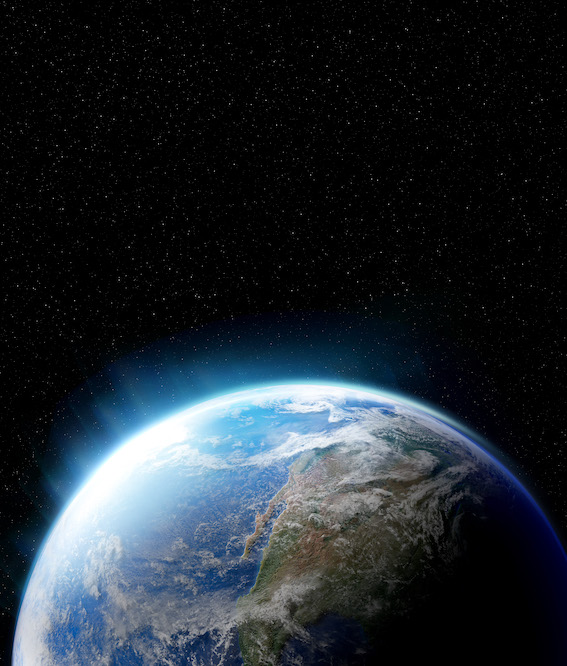ADVOCACY: After the virus: Six ways life will change forever
After COVID-19, the world will be quite different. Questions abound: will European solidarity survive? Will China be ostracised by the global community or further embraced? Will populism surge, or will deep states reassert themselves at a time when only governments have the scale to deal with the existential challenge? Will faith in capitalism be weakened or strengthened by the stress test faced by economies around the world? Will robots and artificial intelligence be more popular or less so? Their bugs seem somewhat tame in comparison …
Answers may take a while to emerge. In the meantime, here are six predictions about what will happen over the next three years…
① COVID-19 will digitalise the world at light speed. Seventy years into the information technology revolution, tech is big, but it’s about to get much bigger. Everything that can move online will move online. Before the virus, many digital alternatives – to traditional healthcare, education, finance – were just that: alternatives. After the virus they will quickly become the new norm. Resisting the change (“but we’ve always done it this way”) will buy you a one-way ticket to Irrelevanceville (population: too big to count).
② Health screening will become ubiquitous. Following 9/11, security infrastructure was built to ensure something like that never happened again. Within weeks, the Transportation Security Administration was established in the US, and overnight, the flying experience was utterly changed. In the coming months, a Health Security Agency will ramp up and in time have a budget that makes the TSA’s $7.7 billion look like chicken feed. To enter any building or space (not just a plane), people will be required to have a Star Trek–like ‘tricorder’ scan and be turned away if they fail. ‘OK2GO’ airlocks will become ubiquitous on buildings around the world.
③ The war against pathogens will give rise to the ‘clean regime’. As we re-emerge from our homes, we’ll realise just how dirty everything around us is – planes, cars, offices, cafés, libraries, every ‘thing’. The fear of a pandemic happening again (and again) will create a new global consciousness in which conspicuous cleanliness becomes chic – and where there’s chic there will be (big) cash. Municipalities and governments will prioritise societal cleanliness as an element of national security.
④ Everyone’s home will be their castle. Many will use the online alternatives (alternatives no longer) to just stay put. Homes will be built or retrofitted with dedicated home office spaces: routers in the right place, soundproofing, voice-driven separate entrances, pre-built Gorilla Glass wall screens. Homes will become castles in which stone walls and armories are replaced with podcast booths and 3D printers. Many people will never go back to their former office.
⑤ Flygskam will take off. In the seeming blink of an eye, business travel will go from a high-status activity (“You went to Sydney for a conference? Oh, how wonderful.”) to an embarrassment (“You went to Sydney for a conference? How could you?”). Sweden’s climate-driven flight-shaming movement, rocket-charged by the fear many will have of being in close proximity with other people, will see the four-day sea cruise from Southampton to New York become de rigueur (“All work@board!”).
⑥ Privacy will be another victim of the virus. In the desperate scramble to halt the spread of the virus, many governments around the world are starting to mandate health-monitoring technologies leveraging GPS on phones, watches and fitness bands. These are smart technologies being used in smart ways, many argue. But the road to hell is paved with good intentions. In the post-virus age, the reports of the death of privacy won’t be greatly exaggerated and we will at last be able to answer the question many people have posed over the years: How did Nineteen Eighty-Four happen?
The coronavirus is literally and metaphorically a bug in our system – let’s keep our fingers crossed that the world’s medical professionals can find a way to wipe it out. In the longer term though, we will need to think more about the system, not just the bug. The virus is a scream for help from an ecosystem struggling with that acceleration and groaning under the weight of expanding from 1.8 billion to 7.8 billion people in under 100 years. After the virus, new ideas will be needed. After the virus, the world will have to be quite different.












